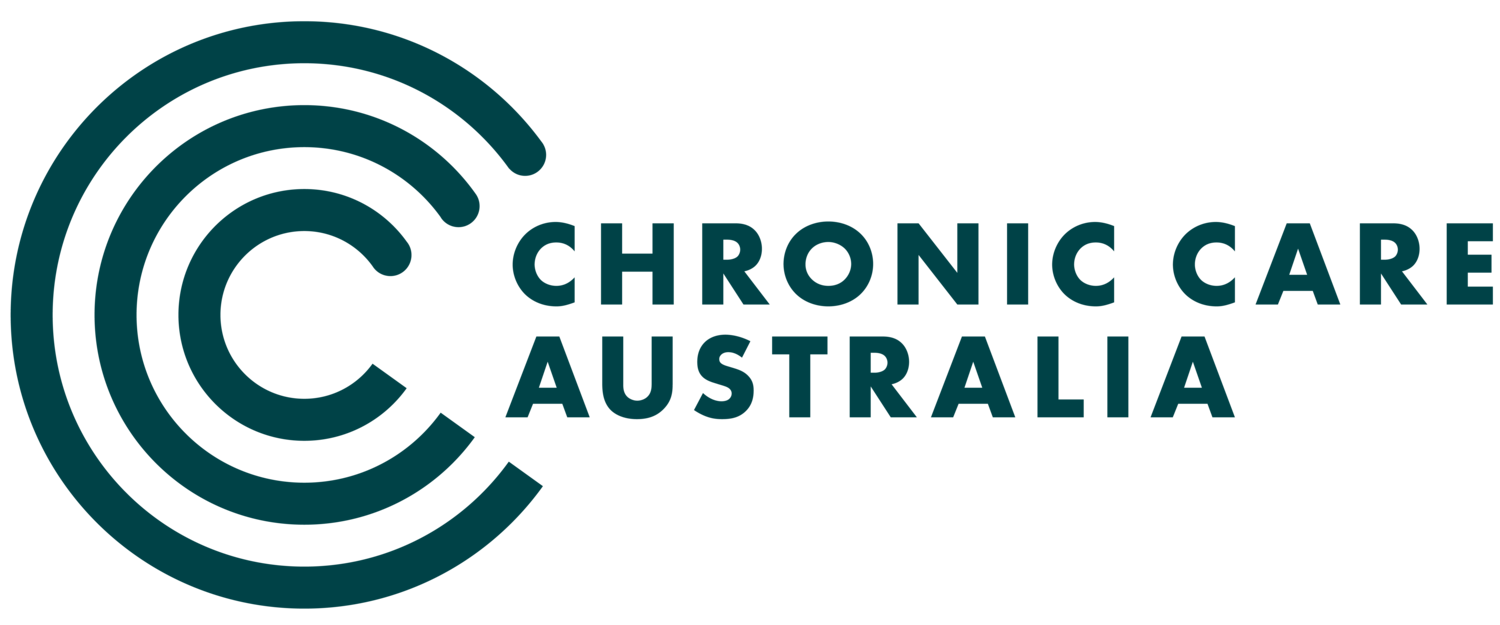The Science of Exercise Medicine for Oncology.
This latest world-class research – much of it coming out of WA – more than vindicates the efficacy of Exercise as Medicine for Cancer treatment and prevention.
Breast Cancer.
Both Weights and HIIT Offer Health Benefits for Cancer Survivors, September 2025 (co-author Prof Rob Newton), ECU Professor of Exercise Medicine and CCA Advisory Board Member).
In this study, Prof Newton’s research team looked into breast cancer specifically and found that high intensity interval and resistance training workouts may play a role in stopping cancer cells returning.
“Taking up an exercise habit is a good idea whether you have a personal history of cancer or not. Exercise isn’t just safe during and after cancer - it may actively fight the disease.” Prof Rob Newton
Colon Cancer.
“We found a significant improvement in disease-free survival among participants who completed the exercise program, compared to those who received only health education materials, which is currently the standard of care for cancer treatment.” Professor Janette Vardy, international co-chair of the CHALLENGE (CO21) study, Senior Research Fellow at Sydney Medical School and medical oncologist at the Sydney Cancer Survivorship Centre.
“Exercise as an intervention is a no brainer and should be implemented broadly.” Pamela Kunz, MD, Yale School of Medicine and an American Society of Clinical Oncology Expert in gastrointestinal cancers.
Lung Cancer.
Lung cancer is the fifth most commonly diagnosed cancer in Australia and is the leading cause of cancer-related deaths worldwide.
In a cornerstone review from a team of global experts – including Southern Cross University and the University of South Australia – researchers show that exercise may not only improve quality of life and treatment effectiveness, but also boost survival rates for lung cancer patients.
The Lung Foundation Australia states “exercise is integral to managing side effects and aiding recovery in the lung cancer treatment phase”. Read more.
In July 2025, the Australian Government launched the National Lung Cancer Screening Program (NLCSP) to help detect lung cancer earlier in people at increased risk. Should treatment be required, the program enables rapid access to respiratory and oncology specialists as a priority.
Prostate Cancer.
How powerful is exercise in the fight against advanced prostate cancer? Find out in this April 2025 podcast with world-renowned exercise oncology expert Prof Rob Newton whose groundbreaking research has shaped how clinicians approach fitness and cancer care. From bone metastasis to androgen deprivation therapy (ADT), Prof Newton explains how the right exercise, at the right dose, can not only improve quality of life but potentially extend it.
Evidence-based, tailored to you.
At Chronic Care Australia we understand every cancer journey is unique. That’s why our Exercise Medicine Program is tailored to meet your specific needs across early intervention, during treatment and for post-treatment. On-site and virtual treatment options are available.
What you get:
1. Comprehensive initial assessment
2. Clinical testing based on initial assessment findings
3. Personalised, evidence-based program
4. Program familiarisation appointment
5. Clinical program supervision to ensure safety and results
6. Three review appointments.
Take your next step:
Call us on (08) 9385 1430 for a FREE 10-minute consultation.

